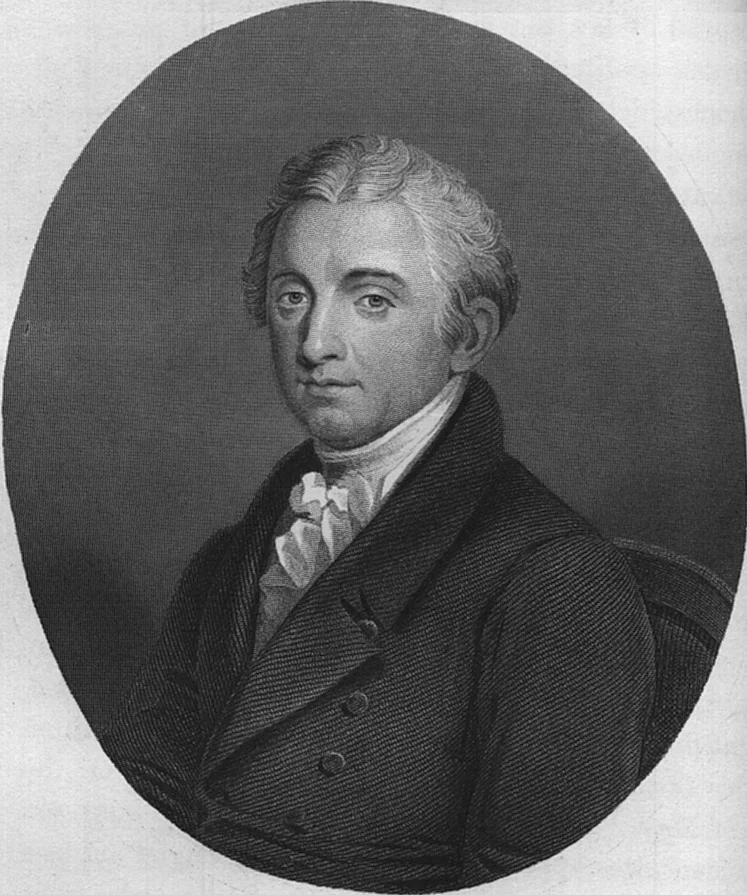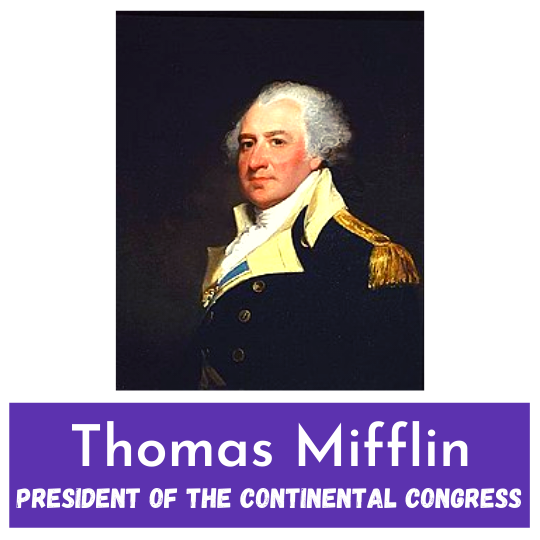Thomas Paine - Penman of the Revolution
Thomas Paine's life was so remarkable that even after severely reducing the length of this post it is still the longest article I've written. From England to America to France, Paine's spread the ideas of revolution everywhere he went. To get an idea of how Americans felt in the months before declaring independence I HIGHLY suggest you read Common Sense.
Coming to America
When Thomas Paine arrived in Philadelphia in late 1774, the First Continental Congress had just dispersed. A 37-year-old who’s first wife died and second wife he divorced, Paine had worked as a rope-maker, schoolteacher, public servant and excise officer.
Benjamin Franklin gave Paine a letter of introduction for his trip to America after reading The Case of the Excise Officers. This was his first pamphlet and it discussed the need for better pay and working conditions.
Common Sense
Just over a year after arriving in Philadelphia, Thomas Paine wrote Common Sense.
This pamphlet stated clearly that the best course of action for the colonies was independence. It was a powerful argument which people read throughout America. It’s popularity was helped by being written in plain English as opposed to the formal style which was customary at the time.
Common Sense sold 100,000 copies in one month. For comparison, that would be like selling 6 million copies today…in one month!
Common Sense had such a gigantic impact on the American Revolution that entire books can be (and have been) written about it.
"These are the times that try men’s souls"
In late 1776, Paine began writing a series of essays titled The American Crisis.
The first of these articles contains the now famous line, “These are the times that try men’s souls.” George Washington had The Crisis read aloud to the troops to inspire them.
These publications help further Paine’s fame in the young United States.
He then briefly became secretary to the Committee on Foreign Affairs. He followed this by working as aide-de-camp to Nathaniel Greene.
France
Thomas Paine’s exploits in France alone have received entire books worth of study. Since this website’s intention is to discuss the American Revolution, I will only briefly discuss his time in Paris.
Paine went to France to help seek funds for the American Revolution. While there, he made enemies with fellow Americans Robert Morris and Silas Deane (and eventually, George Washington).
Paine was in Paris during the French Revolution and, although he spoke no French, was elected to the National Convention. He was placed on the committee which drafted the first French Constitution.
During this time, Paine wrote The Age of Reason and The Rights of Man. Both publications are among the most revered of the Enlightenment.
Always one for criticizing those in power, Paine spent time in a French prison. He was accused of being an English citizen and narrowly escaped the guillotine.
Even His Bones Have No Home
After his release from prison, Paine returned to America. Although he was still friendly with President Thomas Jefferson, Paine’s critics of George Washington and Christianity left him with few friends in New York.
When he died, his funeral was only attended by six people.
Ten years later, an Englishman who wanted Paine to be buried in his country of birth dug up his body and brought him back to Great Britain. (I recommend checking out the song ‘An American Man’ by the band Pinataland which is about this journey.)
Unfortunately, the new burial was never had.
At some point, Thomas Paine’s bones were lost.
To this day, no one knows where Paine’s remains are!
He is in death as he was in life, a revolutionary without a country.
The "Signet Classics - Common Sense, Rights of Man, and Other Essential Writings of Thomas Paine," is the same version I have had on my bookshelf for 15 years. Every American should own a copy. Also, don't forget to sign up for our email list or follow us on FaceBook.








